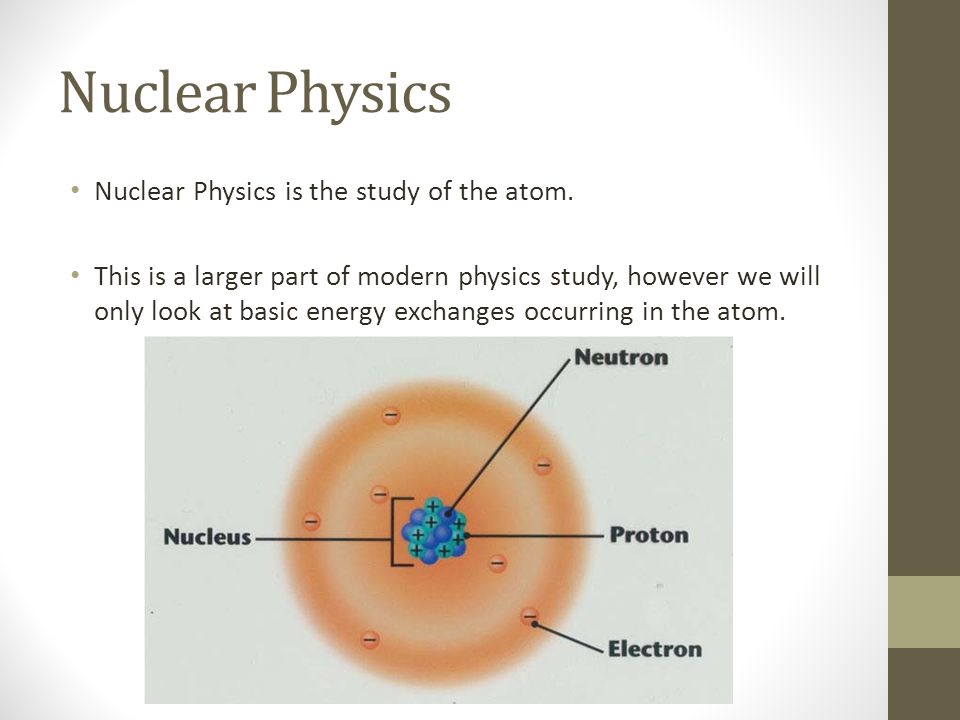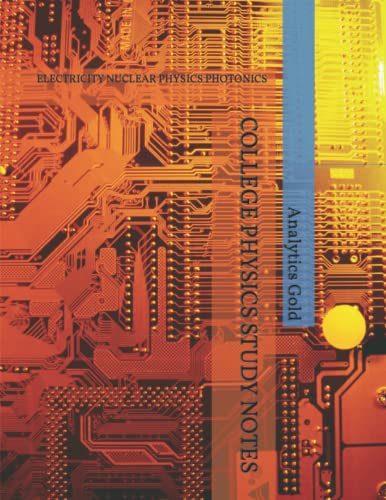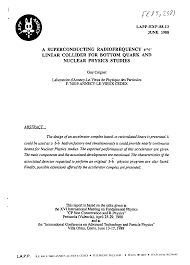What Do Nuclear Physicists Study?

If you are curious about nuclear physics, you might be asking yourself: What do nuclear physicists study? To understand this field, you will first need an undergraduate degree in physics, nuclear physics, or nuclear engineering. In addition to studying nuclear and particle physics, undergraduate students should take courses in mathematics, chemistry, biology, and English. Being a good writer is crucial to this line of work.
Quantum chromodynamics
This book is the first dedicated to high-energy quantum chromodynamics. It discusses parton saturation and color glass condensate, as well as many of the problems that have been at the forefront of research. The authors’ approach is pedagogical, with plenty of examples and exercises. They also discuss the McLerran-Venugopalan model and linear and nonlinear BK/JIMWLK small-x evolution equations.
Atomic nucleus
The branch of physics concerned with the atomic nucleus is called nuclear physics. The aim of this branch is to understand the atomic nucleus, its composition, and the forces that act on it. The field was developed by physicists who sought to explain the behavior of the atoms that are the building blocks of matter. The atomic nucleus is the most fundamental component of all matter, and is what nuclear physicists study.
Baryons
Nuclear physics studies baryons, the constituent particles of the nucleus. These are very similar to leptons, but are far more massive than these elementary particles. In addition to quarks, there are six exotic types of baryons, known as pentaquarks. Nuclear physicists study baryons and the strong interaction between them.
Mesons
Mesons are elementary particles with masses ranging from 140 MeV to 10 GeV. Their mass varies in accordance with the size of the nucleons they interact with. Mesons are a very useful tool for studying quarks, which are the building blocks of matter. When you break down the properties of one meson, you can see what other particles are made of. Scientists study mesons and other elementary particles to understand the nature of our universe.
Noninvasive interrogation of systems
In addition to studying radioactive decay, nuclear physicists study how the interactions between radiation and matter occur. The field also focuses on accelerators and detectors, which are used in nuclear medicine. It also involves advanced statistical algorithms to analyze how radiation interacts with matter. Nuclear physicists study the interactions between radiation and systems, and how they can be exploited to detect illicit nuclear materials.
Career opportunities
A career in nuclear physics involves studying the properties of subatomic and atomic particles and the forces that govern their interactions. This occupation typically requires a Ph.D. in a related field and may include research positions in government agencies or in industry. A nuclear physicist will need to possess a strong analytical mind. Once they have earned their degree, they should start building their network and obtaining job references. They should stay in touch with former coworkers and professors in the field to build their professional networks and develop strong professional relationships.



Leave a Reply